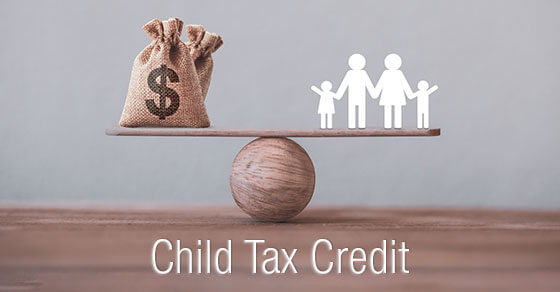If you’re a parent, you may be confused about the rules for claiming the Child Tax Credit (CTC). The rules and credit amounts have changed significantly over the last six years. This tax break became more generous in 2018 than it was under prior law — and it became even better in 2021 for eligible parents. Even though the enhancements that were available for 2021 have expired, the CTC is still valuable for parents. Here are the current rules.
Child tax credit: The rules keep changing but it’s still valuable











